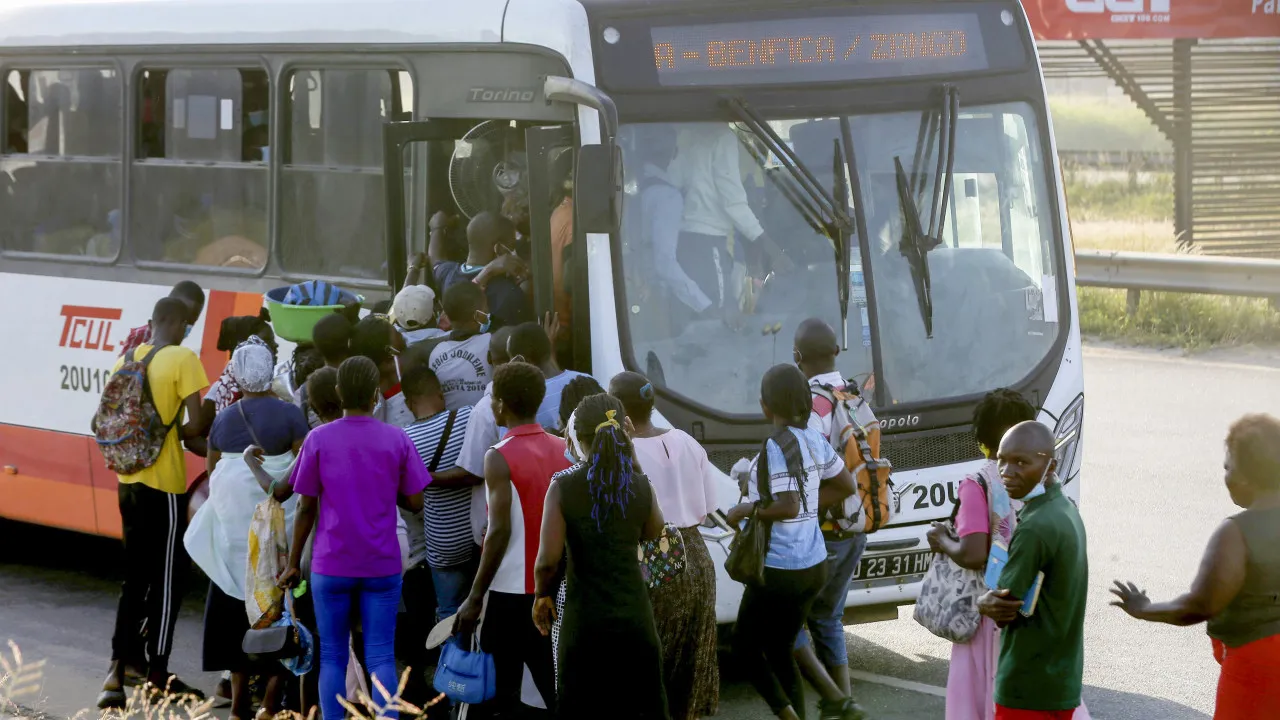
On the occasion of International Roma Day, celebrated on April 8, the National Pastoral of the Roma released a statement reasserting the persistent challenges this community faces in securing fundamental rights such as access to healthcare, education, employment, and housing. The organization calls for a “sense of urgency” and a “political and social commitment” to revive the National Roma Integration Strategy (ENICC).
The National Pastoral of the Roma highlighted that the strategy has been “a fundamental tool in the fight against social exclusion and discrimination” and warned that the absence of a new phase of the ENICC “jeopardizes the progress achieved in recent years and weakens the efforts made by numerous entities,” including the Roma communities themselves, who face “structural inequalities and persistent prejudices.”
“(…) We respectfully and urgently appeal to the competent entities to renew and strengthen the political and social commitment to the full integration of the Roma communities. The renewal of the National Strategy cannot continue to be postponed, as it concerns the dignity of individuals and families who have the right to live with equality, justice, and hope,” states the message, signed by Hélder Afonso, the national director of the Roma Pastoral.
The Roma Pastoral is an organization under the Portuguese Episcopal Conference aimed at contributing to the spiritual, human, and social development of the Roma population in Portugal.
At the end of March, President Marcelo Rebelo de Sousa met with representatives of the Roma community, who expressed concerns regarding the lack of implementation of the integration strategy planned for 2022-2030. They acknowledged that any initiative would be in the hands of the government resulting from the upcoming May elections, since the outgoing one is in a caretaker mode.
Days earlier, the advisory committee of the framework convention for the protection of national minorities at the Council of Europe deemed it regrettable that Portugal remains without a National Strategy for the Integration of the Roma Communities (ENICC).
Several Roma associations are at risk of closure, and projects have already been halted because the new Roma Integration Strategy (ENICC) 2022-2030 has not been implemented, according to association leaders.
This was reported by associative representatives to members of the advisory committee of the framework convention for the protection of national minorities at the Council of Europe, who were in Portugal at the end of last month to monitor the implementation of this convention.




